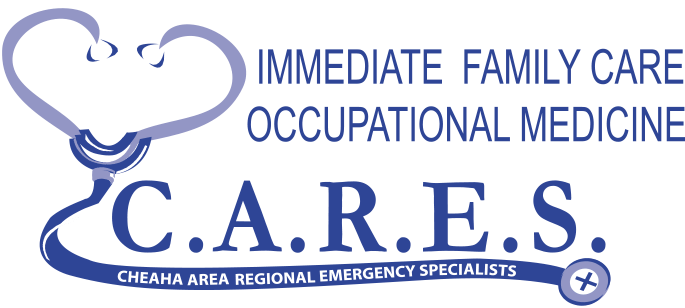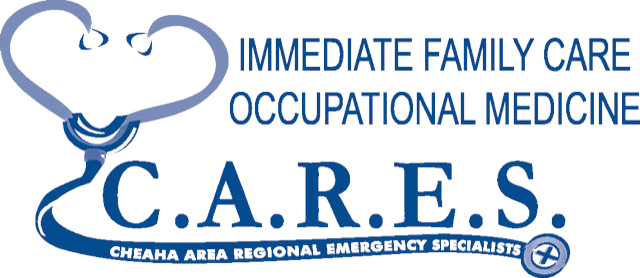Introduction:
Welcome to the second part of our blog series on exploring the future of healthcare with AI and CARES. In this installment, we will delve deeper into the potential applications of artificial intelligence (AI) in the healthcare industry. From diagnostics to personalized medicine, AI has the power to revolutionize how we approach patient care. Join us as we explore the exciting possibilities that lie ahead.
Advanced Diagnostics: AI has the potential to transform the diagnostic process by analyzing vast amounts of patient data, including medical records, lab results, and imaging scans. By leveraging machine learning algorithms, AI can identify patterns and anomalies that may be missed by human physicians. This can lead to more accurate and timely diagnoses, improving patient outcomes.
Personalized Medicine: With the help of AI, healthcare providers can develop personalized treatment plans tailored to each patient’s unique characteristics. By analyzing a patient’s genetic information, medical history, and lifestyle factors, AI algorithms can identify the most effective treatments and predict potential adverse reactions. This approach ensures that patients receive the most appropriate and targeted care.
Precision Medicine Research: AI can accelerate the development of new treatments and therapies by analyzing vast amounts of biomedical data. By integrating data from clinical trials, genetic databases, and scientific literature, AI algorithms can identify potential drug targets and predict the efficacy of experimental treatments. This has the potential to revolutionize the drug discovery process and bring life-saving therapies to patients faster.
Remote Patient Monitoring: AI-powered devices and wearables can continuously monitor patients’ vital signs and health parameters, providing real-time data to healthcare professionals. This allows for early detection of potential health issues and enables timely interventions. Remote patient monitoring powered by AI can improve patient outcomes, reduce hospital readmissions, and enhance overall patient satisfaction.
Virtual Assistants and Chatbots: AI-powered virtual assistants and chatbots can provide patients with immediate access to healthcare information and support. These virtual assistants can answer common medical questions, provide medication reminders, and offer lifestyle recommendations. This enables patients to take a proactive role in managing their health and provides them with convenient access to healthcare advice.
Conclusion:
The potential applications of AI in healthcare are vast and promising. From advanced diagnostics to personalized medicine, AI has the power to transform how we deliver patient care. As we embrace the future, it’s crucial to ensure that the ethical and regulatory considerations surrounding AI are addressed. By embracing AI responsibly, we can unlock its full potential and improve healthcare outcomes for patients worldwide. Stay tuned for the final part of our blog series, where we will discuss the challenges and future implications of AI in healthcare.


